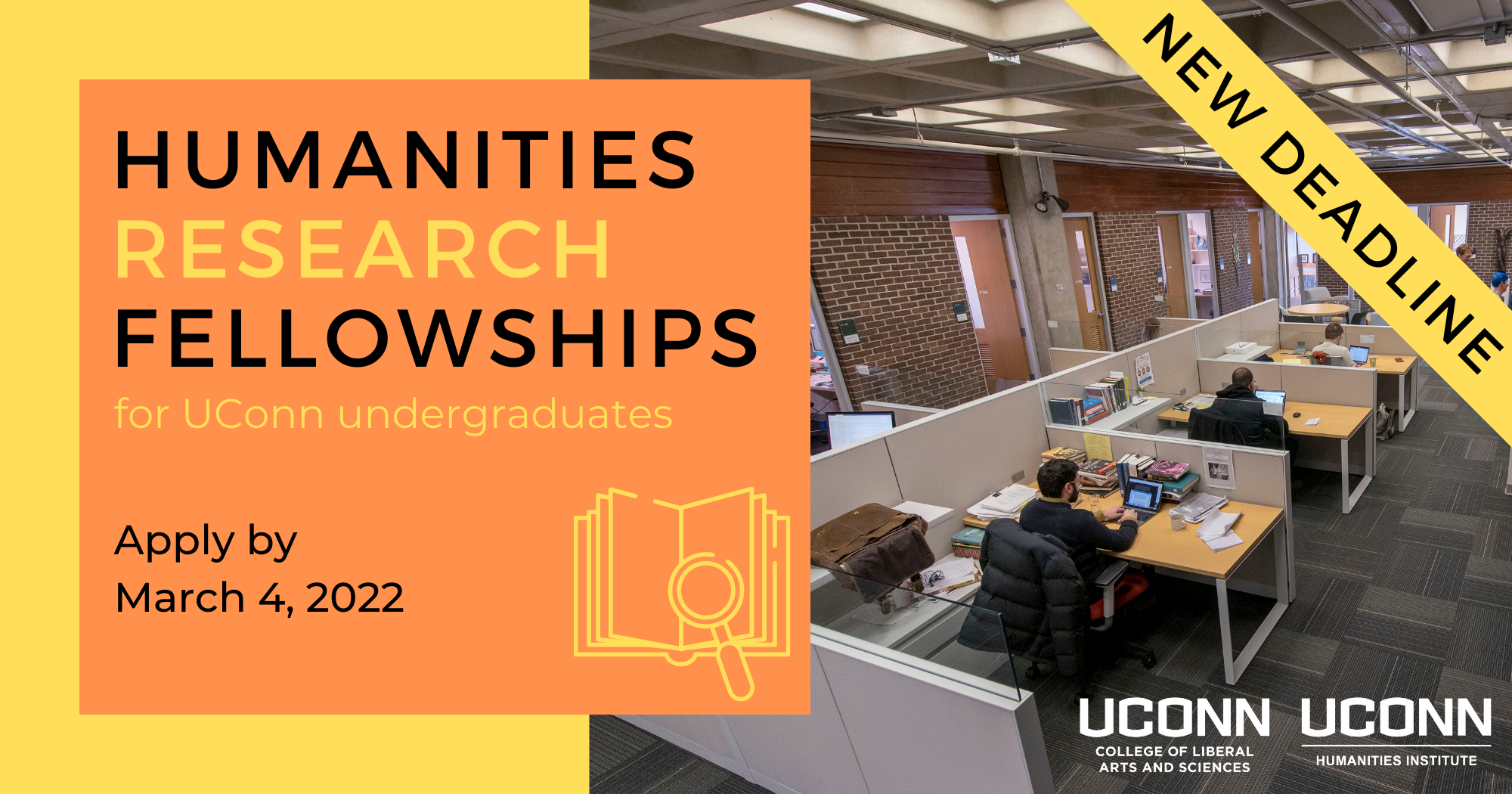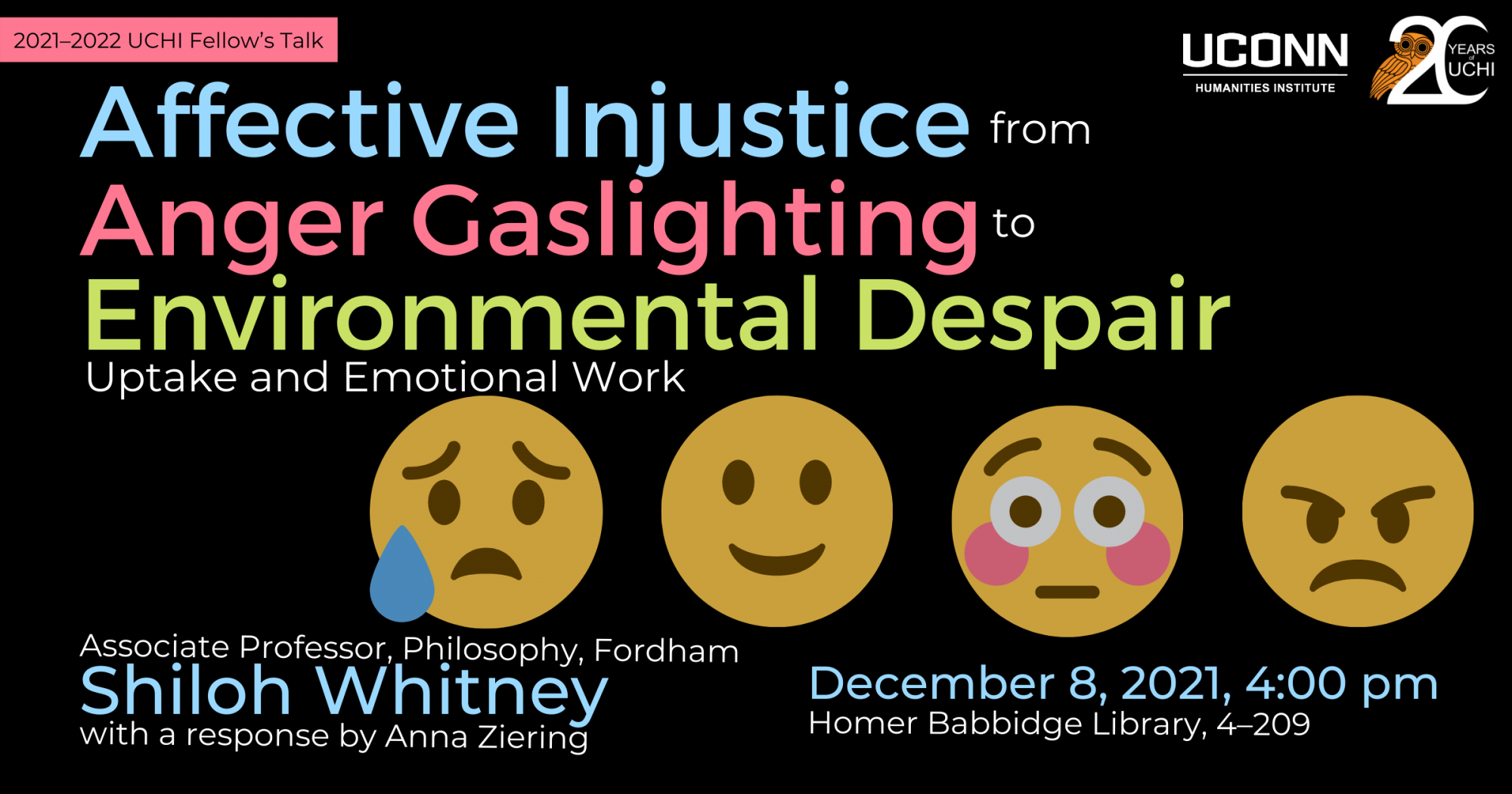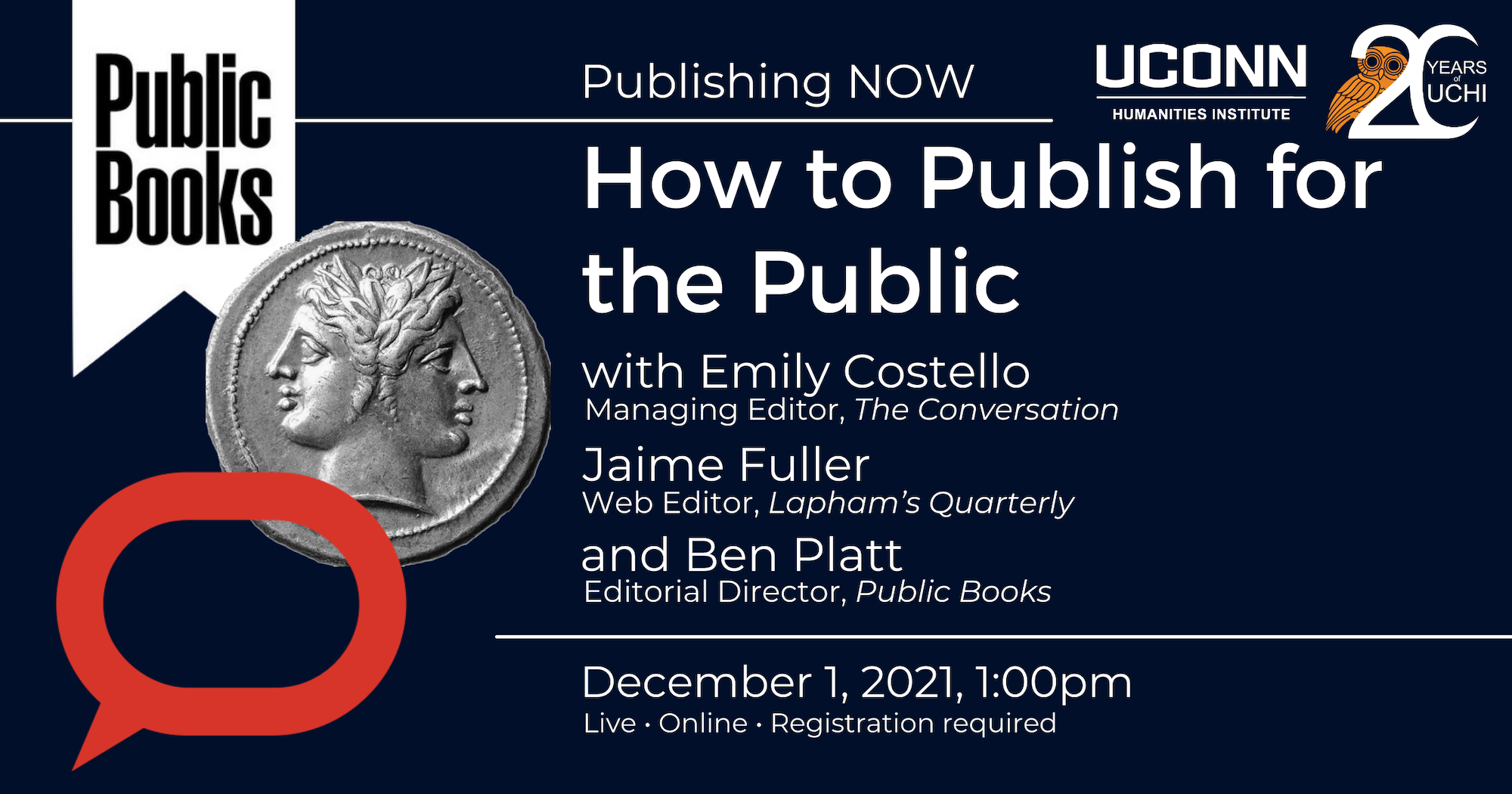If you require accommodation to attend this event, please contact us at uchi@uconn.edu or by phone (860) 486-9057. We can request ASL interpreting, computer-assisted real time transcription, and other accommodations offered by the Center for Students with Disabilities.
The Digital Humanities and Media Studies Initiative presents:
The Digital Dissertation
Anke Finger (UConn)
& Virginia Kuhn (University of Southern California)
February 3, 2022, 12:30–2:00pm
Live. Online (with automated captioning). Registration required.
Digital dissertations have been a part of academic research for years now, yet there are still many questions surrounding their processes. Are interactive dissertations significantly different from their paper-based counterparts? What are the effects of digital projects on doctoral education? How does one choose and defend a digital dissertation? Join the presentation of Shaping the Digital Dissertation: Knowledge Production in the Arts and Humanities (Open Book Publishers, 2021) to discuss precedents and best practices for graduate students, doctoral advisors, institutional agents, and dissertation committees. UCHI’s DHMS initiative offers a graduate certificate in Digital Humanities and Media Studies. Students interested in pursuing the certificate will find this talk especially valuable.
Anke Finger is professor of German, Media Studies, and Comparative Literary and Cultural Studies in the department of Literatures, Cultures, and Languages at UConn. A co-founder and co-editor (2005–2015) of the multilingual, peer reviewed, open access journal Flusser Studies, Anke Finger’s closely related scholarship in media studies originates from her work on the Czech-Brazilian philosopher Vilém Flusser. She co-authored the 2011 Introduction to Vilém Flusser, and she is a member of the Flusser project team at Greenhouse Studios. She edited Flusser’s The Freedom of the Migrant and co-edited the collection KulturConfusão: On German-Brazilian Interculturalities (2015). From 2016 to 2019 she served as the inaugural director of the Digital Humanities and Media Studies Initiative at the Humanities Institute; she also co-founded the CTDH network. She is the co-editor of Shaping the Digital Dissertation.
Virginia Kuhn is a Professor of Cinema in the Division of Media Arts + Practice. Her work centers on visual and digital rhetoric, feminist theory and algorithmic research methods. Her books include Shaping the Digital Dissertation: Knowledge Production in the Arts and Humanities (Open Book Publishers, 2021) and Future Texts: Subversive Performance and Feminist Bodies (Parlor Press, 2016). She has also published several peer-reviewed digital collections: The Video Essay: An Emergent Taxonomy of Cinematic Writing (The Cine-Files, 2016); MoMLA: From Panel to Gallery (Kairos, 2013) and From Gallery to Webtext: A Multimodal Anthology (Kairos, 2008). In 2005, Kuhn successfully defended one of the first born-digital dissertations in the United States, challenging archiving and copyright conventions. Committed to helping shape open source tools for scholarship, she also published the first article created in the authoring platform, Scalar titled “Filmic Texts and the Rise of the Fifth Estate,” (IJLM, 2010) and she serves on the editorial boards of several peer reviewed digital and print-based journals. She received the USC Faculty Mentoring Graduate Students award in 2017 and was the 2009 recipient of the USC Provost’s award for Teaching with Technology. Kuhn directs the undergraduate Honors in Multimedia Scholarship program, as well as the graduate certificate in Digital Media and Culture, and teaches a variety of graduate and undergraduate classes in new media, all of which marry theory and practice.
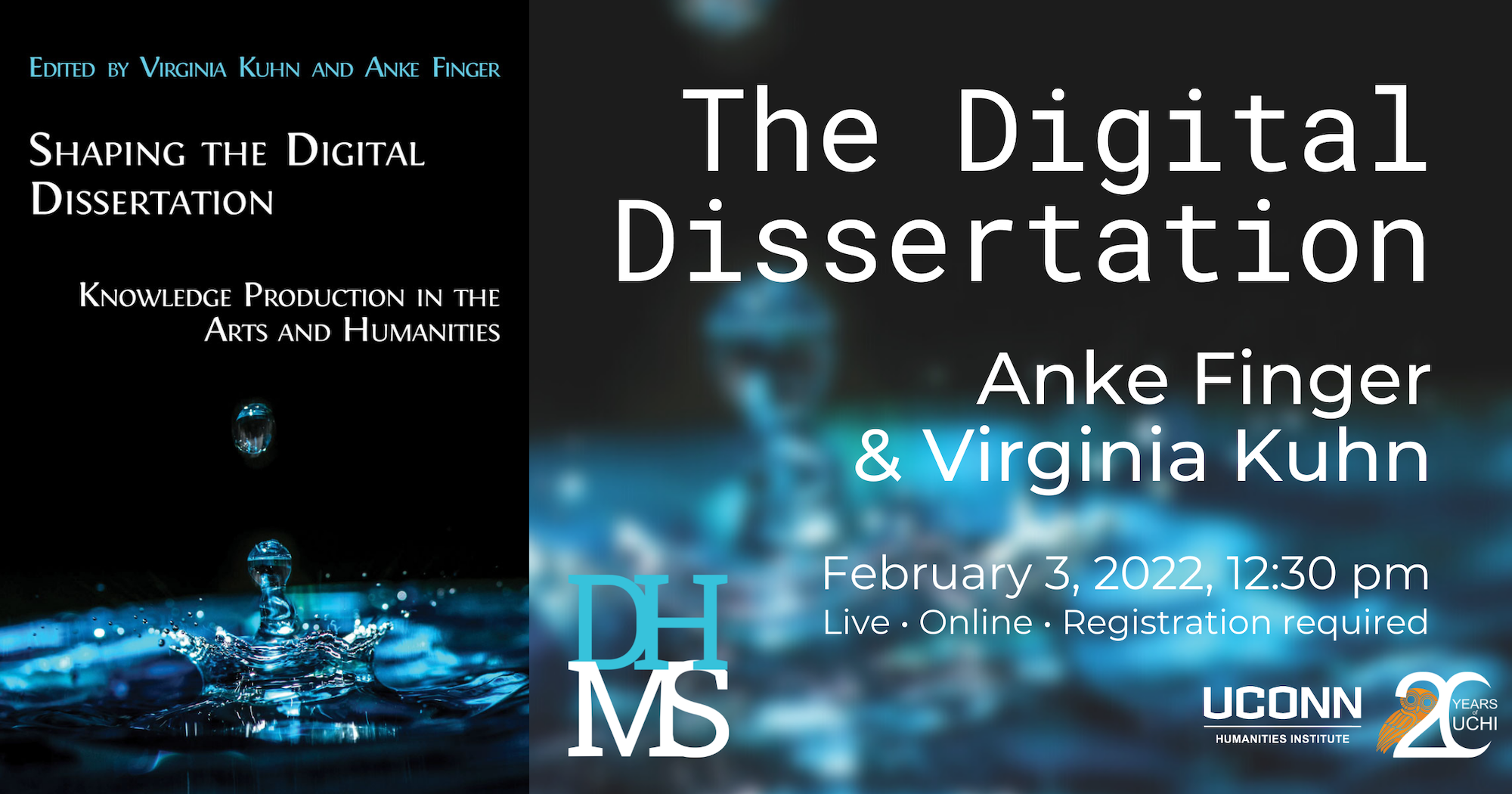
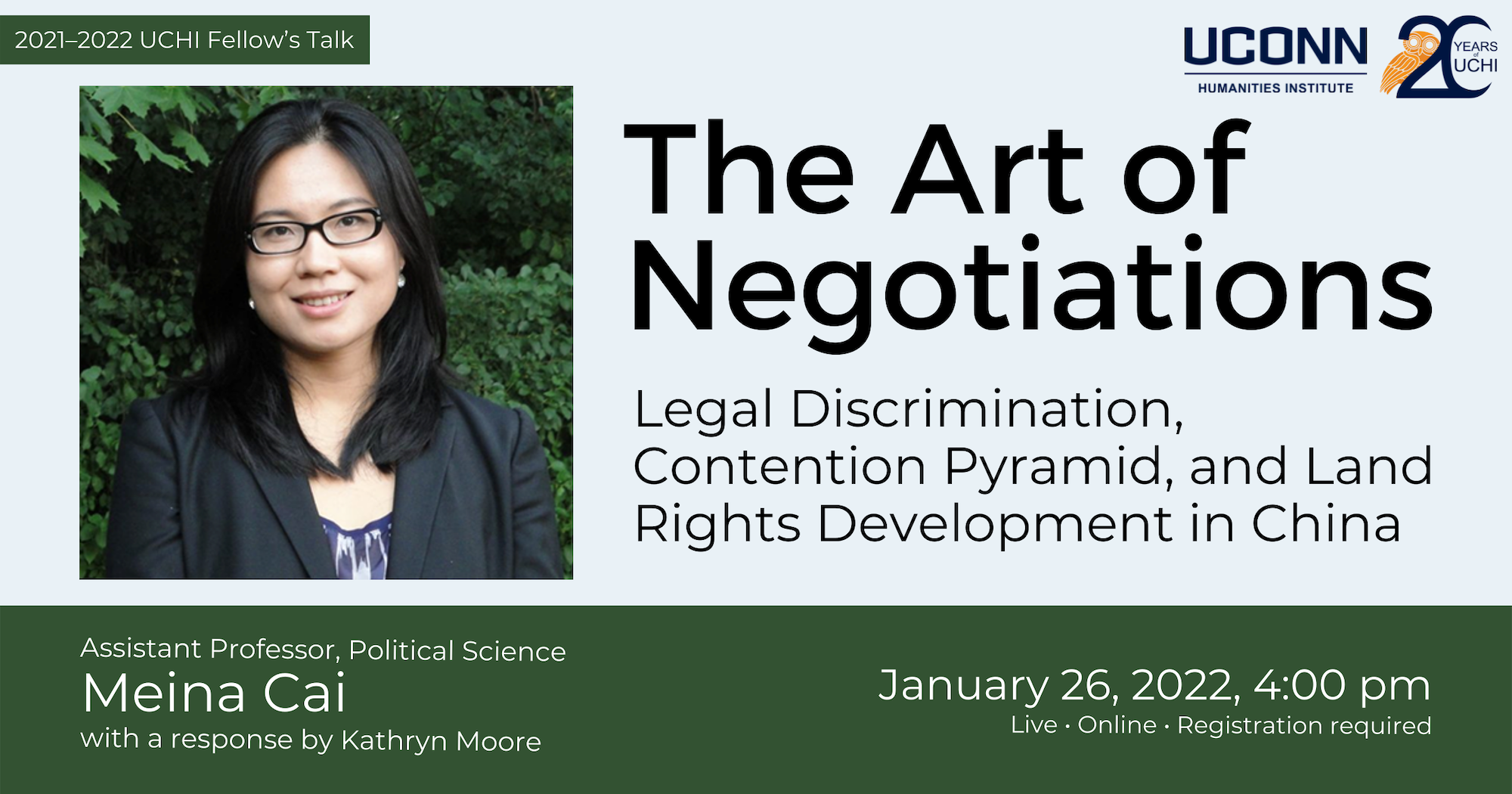
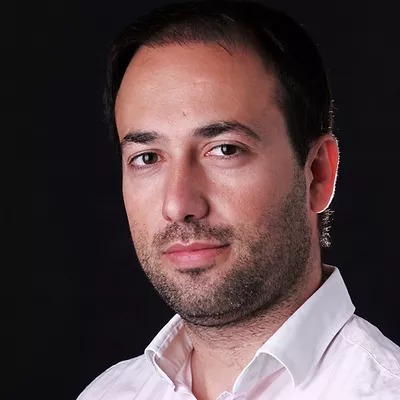 2016–2017 Faculty Fellow Dimitris Xygalatas is Associate Professor of Anthropology at UConn. His interests include ritual, sports, cooperation, the interaction between cognition and culture, and the impact of cultural practices on psychophysiological wellbeing. His research combines laboratory and field methods to study human interaction in real-life settings. He has conducted several years of fieldwork in Southern Europe and Mauritius. Before coming to UConn, he held positions at the universities of Princeton, Aarhus, and Masaryk, where he served as Director of the Laboratory for the Experimental Research of Religion (LEVYNA). At UConn, he directs the
2016–2017 Faculty Fellow Dimitris Xygalatas is Associate Professor of Anthropology at UConn. His interests include ritual, sports, cooperation, the interaction between cognition and culture, and the impact of cultural practices on psychophysiological wellbeing. His research combines laboratory and field methods to study human interaction in real-life settings. He has conducted several years of fieldwork in Southern Europe and Mauritius. Before coming to UConn, he held positions at the universities of Princeton, Aarhus, and Masaryk, where he served as Director of the Laboratory for the Experimental Research of Religion (LEVYNA). At UConn, he directs the 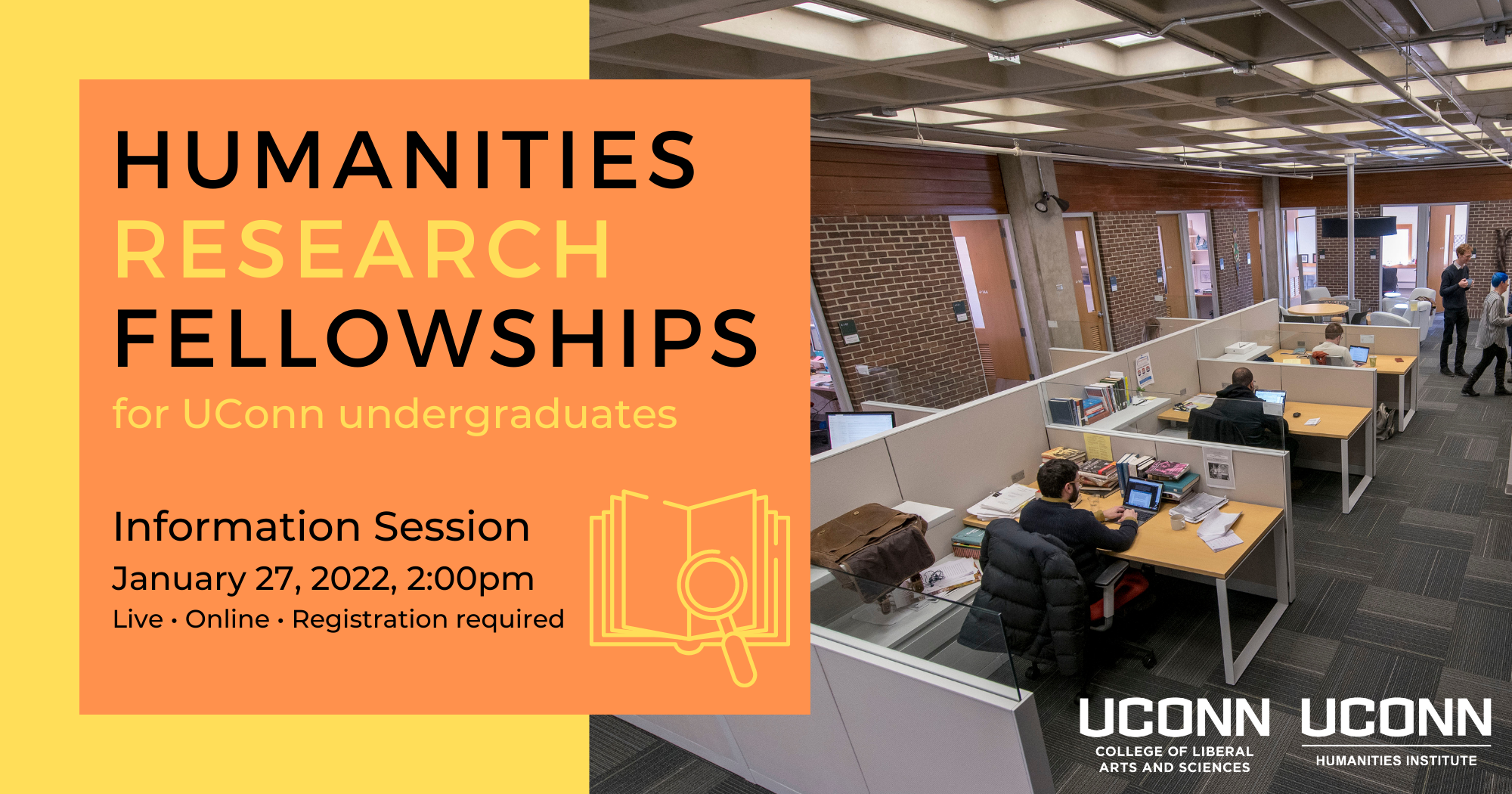
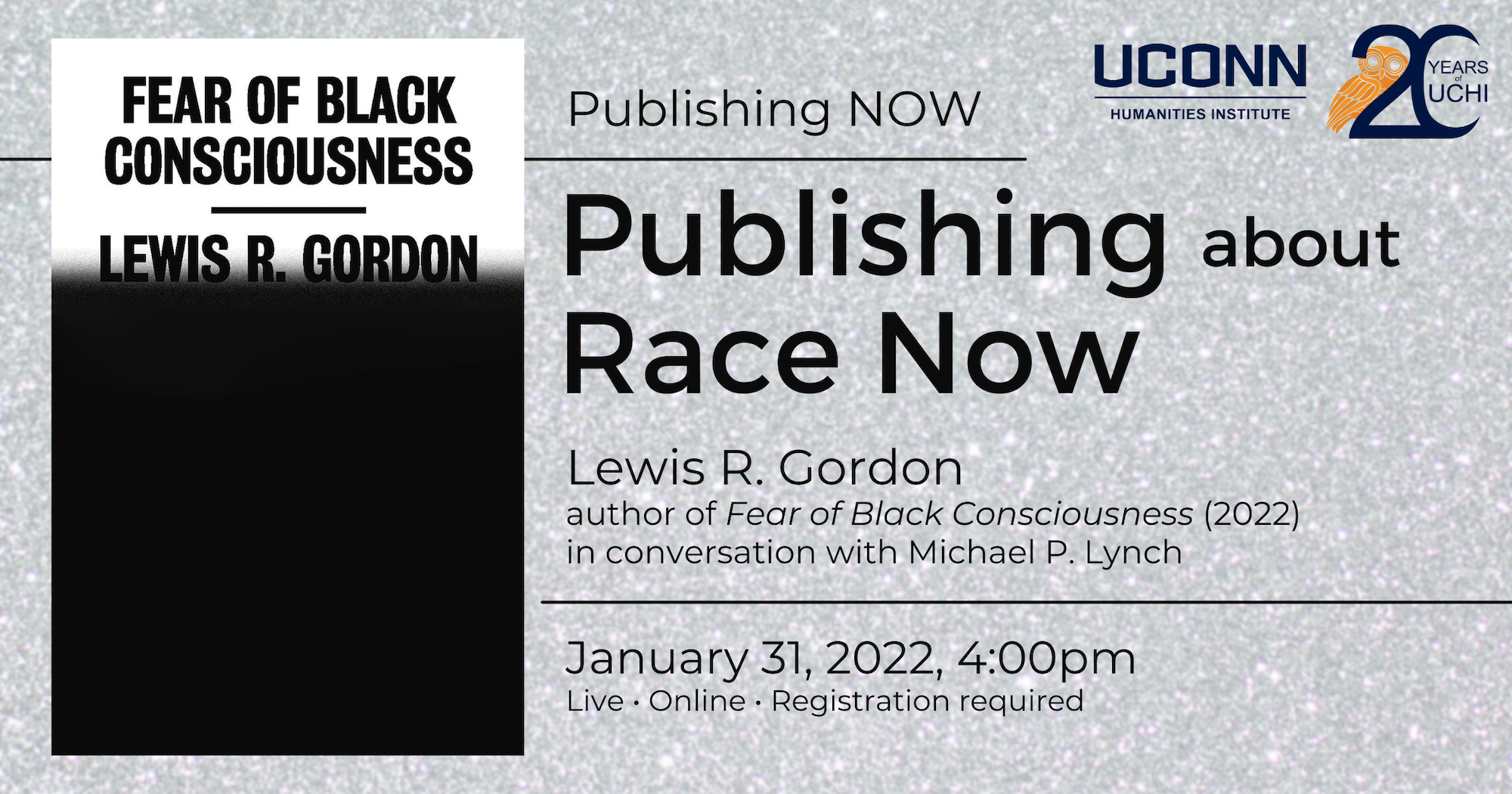
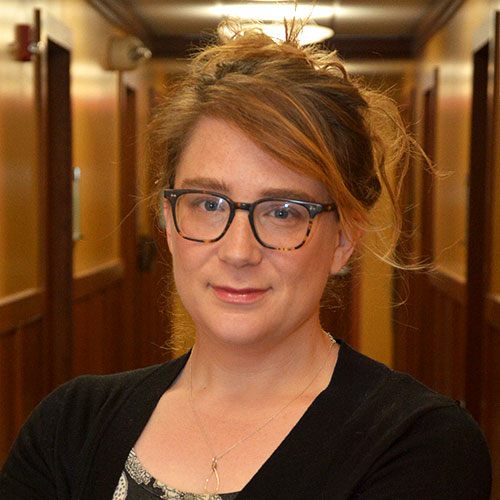 2018–2019 Visiting Fellow Katherine Rye Jewell is Associate Professor of History at Fitchburg State University in Massachusetts. She is the author of
2018–2019 Visiting Fellow Katherine Rye Jewell is Associate Professor of History at Fitchburg State University in Massachusetts. She is the author of 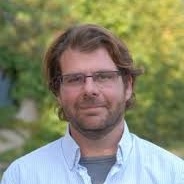 2014–15 Visiting Fellow Joseph McAlhany holds a B.A. in philosophy from Haverford College and a Ph.D. in Classics from Columbia University. He has taught at Carthage College in Kenosha, Wisconsin, at the University of New Mexico, and in Hirosaki, Japan. In 2013, he was a participant in an NEH Summer Insititute, “The Centrality of the Translation to the Humanities,” and in 2015 joined another NEH Summer Institute in Italy on the Etrsucans and early Romans. He is now Assistant Professor of History at UConn.
2014–15 Visiting Fellow Joseph McAlhany holds a B.A. in philosophy from Haverford College and a Ph.D. in Classics from Columbia University. He has taught at Carthage College in Kenosha, Wisconsin, at the University of New Mexico, and in Hirosaki, Japan. In 2013, he was a participant in an NEH Summer Insititute, “The Centrality of the Translation to the Humanities,” and in 2015 joined another NEH Summer Institute in Italy on the Etrsucans and early Romans. He is now Assistant Professor of History at UConn.